When you have a serious disability that keeps you from being able to support yourself, you may apply for Social Security Disability Insurance or Supplemental Security Income from the U.S. Social Security Administration. If you receive approval for these benefits but become unable to stay on top of your finances, you may consider filing for bankruptcy. However, you may have questions about whether your receipt of these benefits impacts your ability to do so.
There is no one-size-fits-all answer to how filing for bankruptcy impacts SSI or SSDI payments. However, chances are, you should be able to file for bankruptcy without your doing so potentially jeopardizing your ability to utilize Social Security benefits.
Understanding what constitutes exempt property
There are two main types of personal bankruptcies: Chapter 7 and Chapter 13 filings. There are some very important differences between the two. However, the bottom line is, Social Security payments you receive are exempt from bankruptcy proceedings. This holds true regardless of what type of bankruptcy filing you pursue.
Proving what property is exempt
When you receive Social Security funds, you need to exercise care in keeping them separate from your other financial accounts. These payments are only exempt if you are able to prove with absolute certainty that they come from the SSA. This means you may not commingle the money with other money you might have or receive from other sources.
Every situation is different, but there is a good chance that you should be able to file for personal bankruptcy without losing your Social Security benefits as a result.


